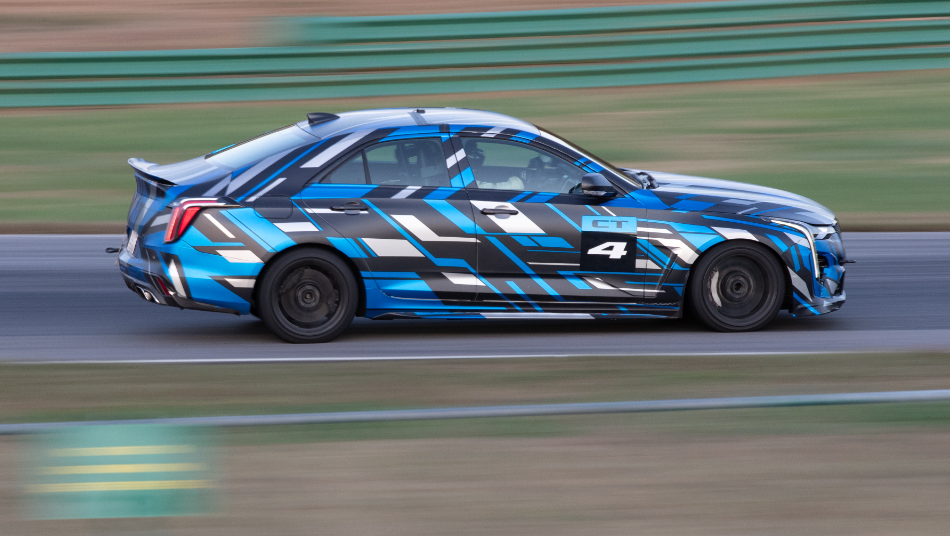This Week in Cars: a Cheaper Taycan, the Golf is Dead, Long Live Stellantis

Fiat Chrysler and the PSA Group (of which Peugeot was the main constituent part) have completed a merger that had been in the works for more than a year. FCA and PSA are no more; for better or for worse, the newly formed automaker is called Stellantis.
This Week in Sheetmetal
Mercedes showed off the production version of the 2022 EQA, an electric companion to the small crossover/large hatchback GLA-class. Mercedes hasn't said yet whether the EQA will come to America, but in Europe the car will have 187 horsepower and start at $57,750. That doesn't sound much like an American-market car to us, but perhaps the AMG variants of the EQ cars that Mercedes has promised us will be more appealing, or at least more powerful.

We're still more than a week away from the reveals of the CT4-V and CT5-V Blackwing sedans, but Cadillac is telling interested buyers to get their money ready: 250 of each model will be available for reservation shortly after the cars are revealed on February 1.
Porsche announced a rear-wheel drive base model of its EV Taycan, and it will cost significantly less than the car's previous base model. The rear-drive Taycan will go for $81,250 (still more than the cheapest Tesla Model S) compared to the $105,150 base price of the next-cheapest model.
And a death in the family: Volkswagen has officially confirmed that the base version of the eighth-generation Golf hatchback will not come to the United States, marking the end of the line for one of our very favorite budget-friendly cars. Happily, the GTI and Golf R are still expected here for the 2022 model year.
Mr. Buttigieg Goes to Washington
There was, regrettably, an unusually large share of politics-based automotive news this week. It started on Tuesday when, in the last hours of President Trump's term, he pardoned former Google executive Anthony Levandowski. In 2016, Levandowski pleaded guilty to stealing proprietary information related to self-driving vehicles from Google and with the intent to use the information to benefit his own start-up, which was later acquired by Uber. Uber eventually fired Levandowski, who was sentenced to 18 months in jail in the dispute and ordered to pay more than $750,000 in restitution.

 Yahoo Autos
Yahoo Autos 